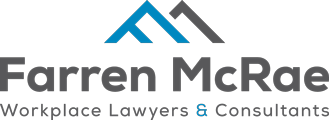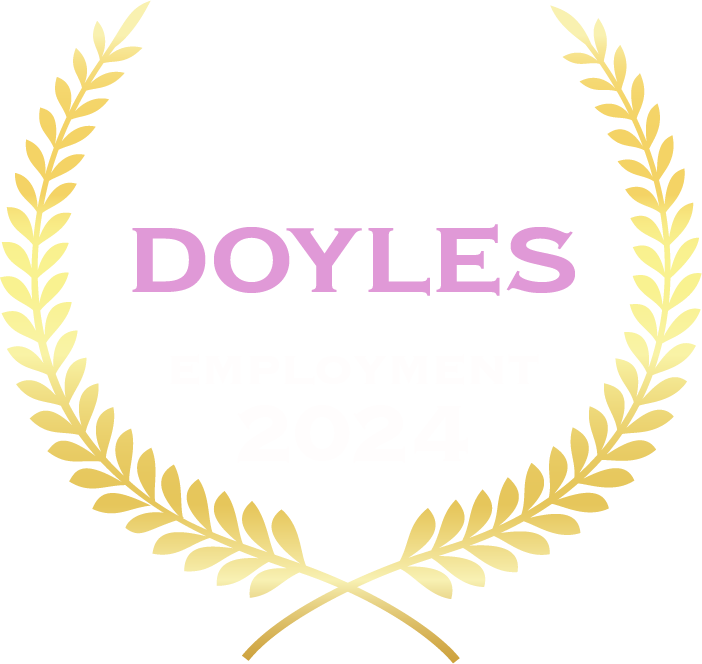Following on from my previous article, if you have decided that it is appropriate in all the circumstances to conduct an investigation remotely, there are several further considerations to ensure that:
- The investigation is kept confidential;
- The evidence collected is kept secure and is not tampered with; and
- That virtual interviews are confidential .
I will discuss these issues in more detail below.
Keep investigations confidential
It is usual practice for employers to limit who knows about investigations, the complainant/s, witnesses, subject officer/s and the allegations and this does not change when conducting a remote or virtual investigation. However, this can be particularly challenging where the investigation is conducted virtually.
When sharing data and evidence by email or through other online tools, employers must ensure that all of the platforms and systems are secure and can be accessed by only the relevant parties involved in the investigation. All of the relevant evidence must be kept in a secure format, with built-in protection preventing unauthorised distribution or access.
Parties involved in the investigation should have access to only information that is specifically relevant to them. For example, one witness should not be able to access another witness’s statement online; this should be visible to only the investigator. Employers should pay extra attention to the files and locations of online correspondence, emails and other relevant evidence and limit access to these files and locations so that only the relevant parties can review these.
Employers may also need to collate and review physical evidence or documentation in a hard-copy format. They should consider the ways in which this evidence can be accessed by the investigator without breaching any current State Government Covid-19 restrictions and social-distancing measures by either the investigator or an employee. Both the investigator and employees, particularly if working from home, will need to ensure that these documents are stored in a safe and secure location which others (e.g. family members, flatmates) cannot access.
If any of the potential interviewees are currently stood down due to Covid-19, employers should seek advice about the best way to involve them in the investigation.
Conducting Virtual Interviews
Investigators and employers must ensure that all of the virtual meetings are held in private and are kept confidential.
In practice, it will be difficult for investigators to ensure that nobody else is present in the room while the meeting is held remotely (especially if this is conducted as a phone call or audio-only online conference rather than as a videoconference). This is a question I always ask when conducting an interview remotely, as well as checking that the person I am interviewing is in a private space where they can speak freely.
In addition, investigators and employers should:
- ensure that only relevant parties receive an invitation to a virtual meeting (so that a third party does not accidentally join the meeting too). Make sure that a password is used for the meeting;
- ensure that the line or online portal for hosting the meeting is secure and compliant for data protection purposes;
- ask the person being interviewed or parties attending the virtual meeting to call from a private and quiet room where they will be undisturbed. This may be challenging given the current lockdown circumstances as they may be at home with family or other household members. Employers should check whether the interviewee intends to have a physical or virtual support person, and pass this information along to the investigator;
- if the interviewee is joining a virtual interview using video from home, ensure that their internet is fast enough to cope with the load of an extended interview; if not, it may be best to swap to audio only or to move the location of the interview into their workplace if possible;
- where possible, ensure that all parties join via a video call so that their facial expressions and body language is visible. Video is definitely a vastly superior interviewing tool than audio only;
- if there is a virtual support person attending the virtual interview, ask them to mute themselves when they are not speaking to avoid any distractions;
- make use of online tools (eg, screen sharing) to refer to certain documents. Investigators should make sure that they have closed everything on their own screen (especially their emails!) other than the documents they intend to share before doing this, as it is all too easy too accidentally share another document than the one you intended. Investigators could send documents by email in advance of the meeting, but there is a high risk that these might be shared with third parties without the authorisation, so this is not recommended unless absolutely unavoidable; and
- Investigators should maintain a professional background to preserve the formality of the interview, and particularly ensure that there are no confidential documents visible on their desk or wall etc to the interviewee.
The risk of covert recording of interviews
As a matter of practice, I always seek the consent of those interviewed to digitally record every interview I conduct. Often when conducting a virtual interview, I also take advantage of the technology to record the visual of the interview as a backup, also seeking the express consent of the interviewee. I advise interviewees that a copy of a verbatim transcript will be provided to them, and a copy of the recording can be made available to them too, should they wish.
Nonetheless, there is still the risk that the interviewee may covertly record the interview. There is a higher risk of the employee covertly recording the meeting when it is conducted remotely as this may be relatively easier using their own devices and other online devices.
As I am already recording the interview, the possibility of interviewees covertly recording it too does not seem highly risky to me. Other investigators may have different views about this, depending upon their practice. In my view, investigators should keep in mind that evidence gathered secretly by the interviewee through covert recording of the meeting could potentially be admitted by an employment tribunal in certain circumstances if deemed relevant. Therefore, I believe it is wise to always assume that you are being recorded and what you say will be admissible in an employment tribunal.

